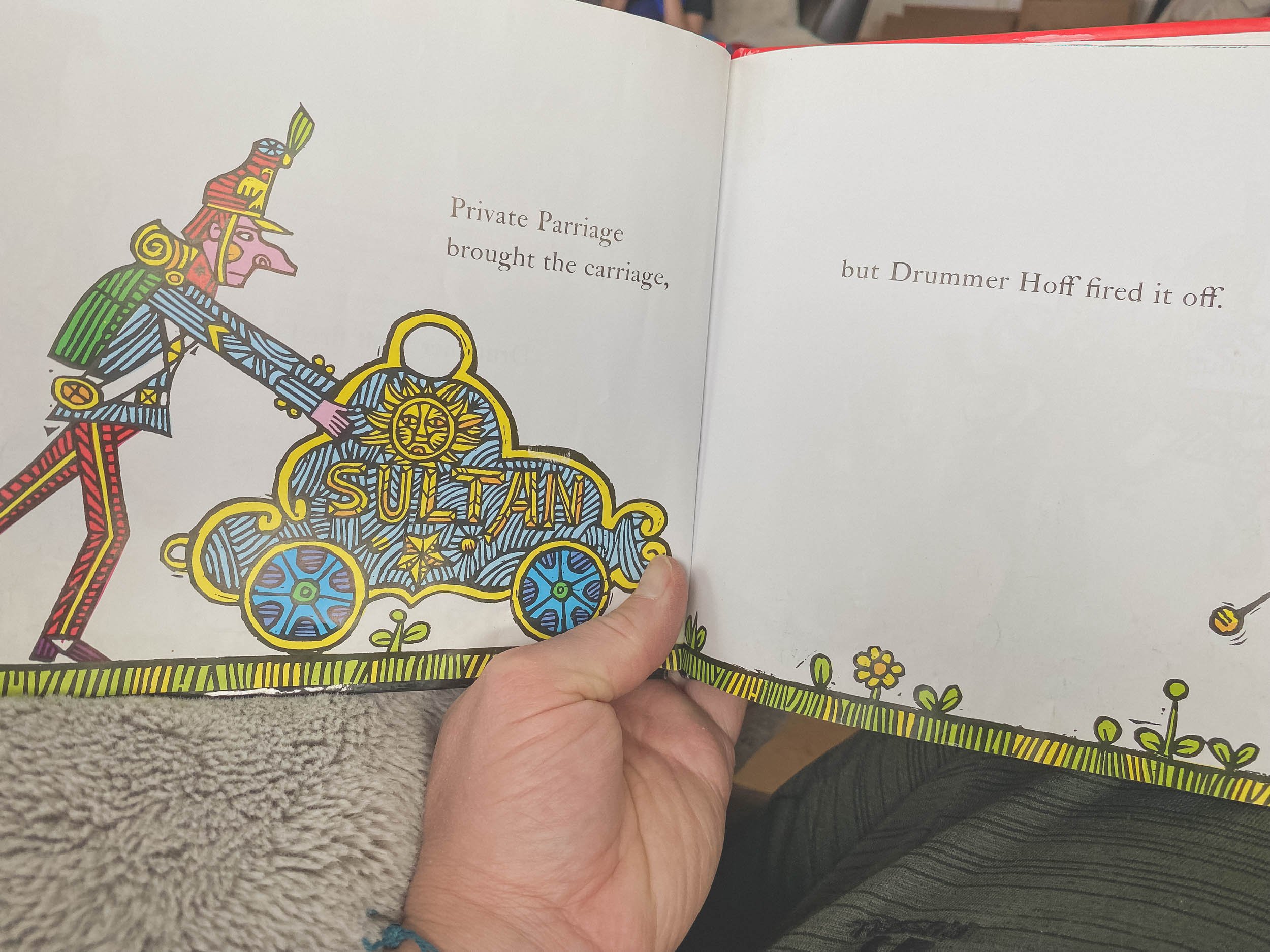Caldecott books : "Hello Lighthouse" (2019)
Hello Lighthouse (2018)
Sophie Blackall
Chinese ink and watercolor
——
How do you process change?
Life changes. Your kids are little, then they get bigger. Lighthouses were ever-present and consistent until…they weren’t. They were needed, necessary, constant until they were replaced by something better, and now they’re tourist destinations and quaint landmarks to remind us of what once was.
It’s hard to read Sophie Blackall’s Hello Lighthouse without getting nostalgic, but I also like how it doesn’t get lost in sentimentality. It simply depicts the life of a lighthouse keeper through different stages and the different happenings, mundane and big, he goes through. Marriage, illness, saving shipwreck survivors, a child. We get glimpses of his life and responsibilities, the loneliness, the joys, the diligent and quiet way he treats his job as more than a vocation, but as a calling.
You know at the beginning of a book like this that there will be a bittersweet ending. Everything changes, and we remember what was and respect those who once did things that are hard to understand - perhaps a lighthouse keeper is a good symbol of that.
So much is automated these days - and I’m not saying it’s terrible thing, just that it’s reality - that it’s difficult to remember the vital jobs that were once filled by people doing their duty. Things like being a lighthouse keeper.
There’s also something terribly beautiful about the loneliness of living that life. Something desolate and sad, but also something alluring and breathtaking, the notion of isolating oneself from society and culture and people…yet doing so for the purpose of helping protect those ideas and people. We are so, sooo busy with the pace of modern living that the idea of living apart from the rhythm of others, yet simultaneously doing something necessary and meaningful is enticing.
There is something deeply important, I think, about helping our children grow up knowing something about not only the world outside of theirs in the present, but about the world that came before them. Not just the big battles and big wars and big conflicts and big breakthroughs considered important to end up in a history book, but the little, mundane ongoing ways that people once lived, and the sacrifices and traits they made and needed in order to contribute to their world then. The things people once did that mattered. They may not matter now, from what we can see. But they mattered then. The same will apply to our generation, and to the next.
Aside from deep-diving into heavy stuff quickly, Ms. Blackall’s gorgeous ink and watercolor renditions of lighthouses, oceans, and creatures are gorgeous for all ages to appreciate.
Closing thought: There’s many who grumble about the character traits that get lost from generation to the next, and perhaps that’s true, but I’d rather think of traits as changing rather than disappearing.
Which traits are absolute and which are fluid?
Do honesty and responsibility, for example, exist on the same spectrum - are they both absolute, or both fluid, or _____?












